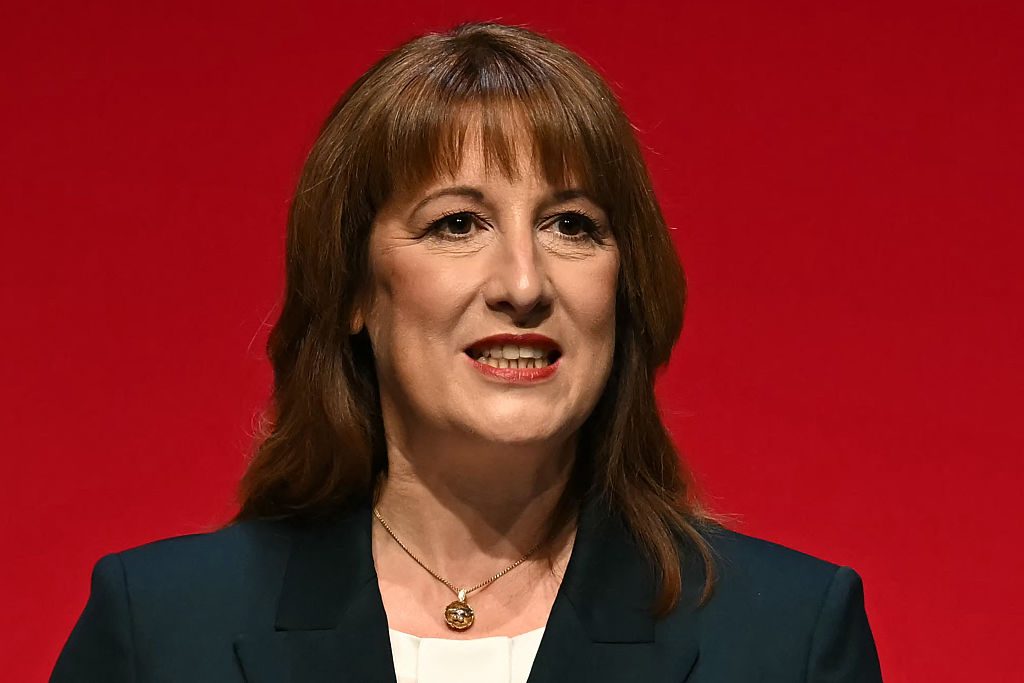In news that will shock absolutely no one, Rachel Reeves is set to raise taxes in the upcoming Budget. In taking on a “fiscal black hole” of at least £22 billion, according to the Institute for Fiscal Studies, the Chancellor has ruled out “the big three” of income tax, National Insurance and VAT. Naturally, then, debate has turned towards new taxes which might close the gap: in particular, a possible wealth tax.
In 2020, the Wealth Tax Commission estimated that a 1% wealth tax over five years for individuals with a net wealth over £2 million could raise £80 billion. Job done, it would appear: the black hole would be closed, with plenty of change left over.
Yet this thinking shows how little the fiscal debate interacts with Britain’s diminished economic reality. So much of the country’s apparent wealth is not really its own. For instance, 56% of UK businesses with a turnover of more than £500,000 are foreign-owned, and these shareholders are not going to be paying a wealth tax. Eight out of 10 of the richest people in the country, according to The Sunday Times Rich List, are either foreign nationals, dual citizens, or British citizens born overseas with strong connections to their home countries. They won’t be hanging around.
Those on the Left secretly hoping that a wealth tax will lead to a mass sell-off of UK property and make housing affordable are delusional. The vast majority of the public would not be able to afford these houses even if prices collapsed, and a more likely outcome would involve more foreign investors purchasing distressed property assets at low prices, further reducing tax revenues in the future.
These wealth tax advocates imagine the world to be more like Downton Abbey, populated by a committed class of British aristocrats and capitalists rather than the attachment-free global financial elites who make up our modern reality. Reeves will be wary of this, yet adding a new tax may not necessarily be a bad idea.
HM Treasury needs huge amounts of cash, and not just for welfare or day-to-day spending. The NHS alone has a £37 billion capital shortfall, while we need £17 billion just to fill in all our potholes. An extra £21 billion per year is required if we want defence spending to hit 3% of GDP. Building enough social housing for all those who need it? That will be another £250 billion. The British disease has been to continually skimp on capital investment to pay for short-term pressures, which never really go away.
We could just stick this all on income tax, which is broad-based and a practical source of revenue. An extra 4p or 5p on income tax would raise somewhere between £30-40 billion a year. However, advocating for this would be electoral suicide, particularly when the Prime Minister and Chancellor ruled it out during last year’s election campaign.
The Health and Social Care Levy introduced by the last Conservative government shows the obvious way forward. Despite being scrapped, polling at the time found that the majority of the public were supportive of this tax to fix adult social care, and it would have raised £3.6 billion a year.
Similar action is essential to break the UK’s cycle of funding shortfalls and under-investment. Given the present global insecurity, why not a Defence of the Realm Levy with the aim of raising £10-15 billion a year? The public could be persuaded that such investment is vital and a new tax would free up resources to be spent elsewhere. There is a precedent here: the income tax itself was originally justified to pay for the French Revolutionary Wars in the 1790s.
Hypothecated taxes are hated by the Treasury and the IFS, dismissed as cynical because the money won’t really be spent where it’s promised. However, as Bismarck said, politics is the art of the possible. The Health and Social Care Levy shows it is possible — and popular — to introduce new taxes. And the truth is that we desperately need them.











Join the discussion
Join like minded readers that support our journalism by becoming a paid subscriber
To join the discussion in the comments, become a paid subscriber.
Join like minded readers that support our journalism, read unlimited articles and enjoy other subscriber-only benefits.
Subscribe